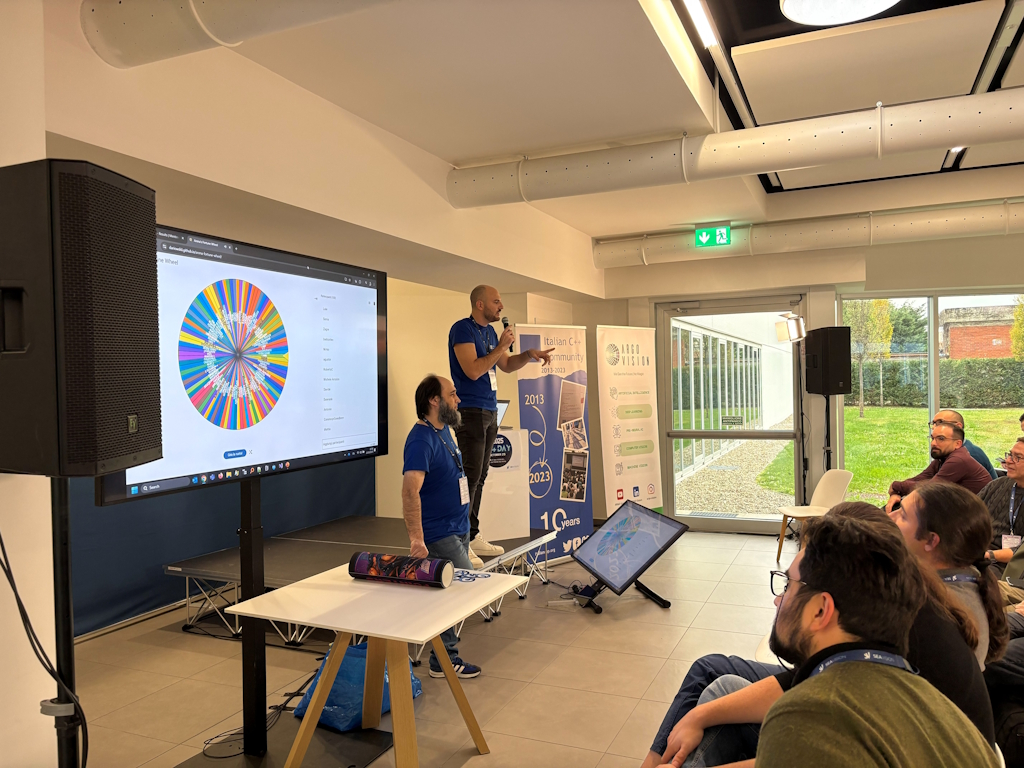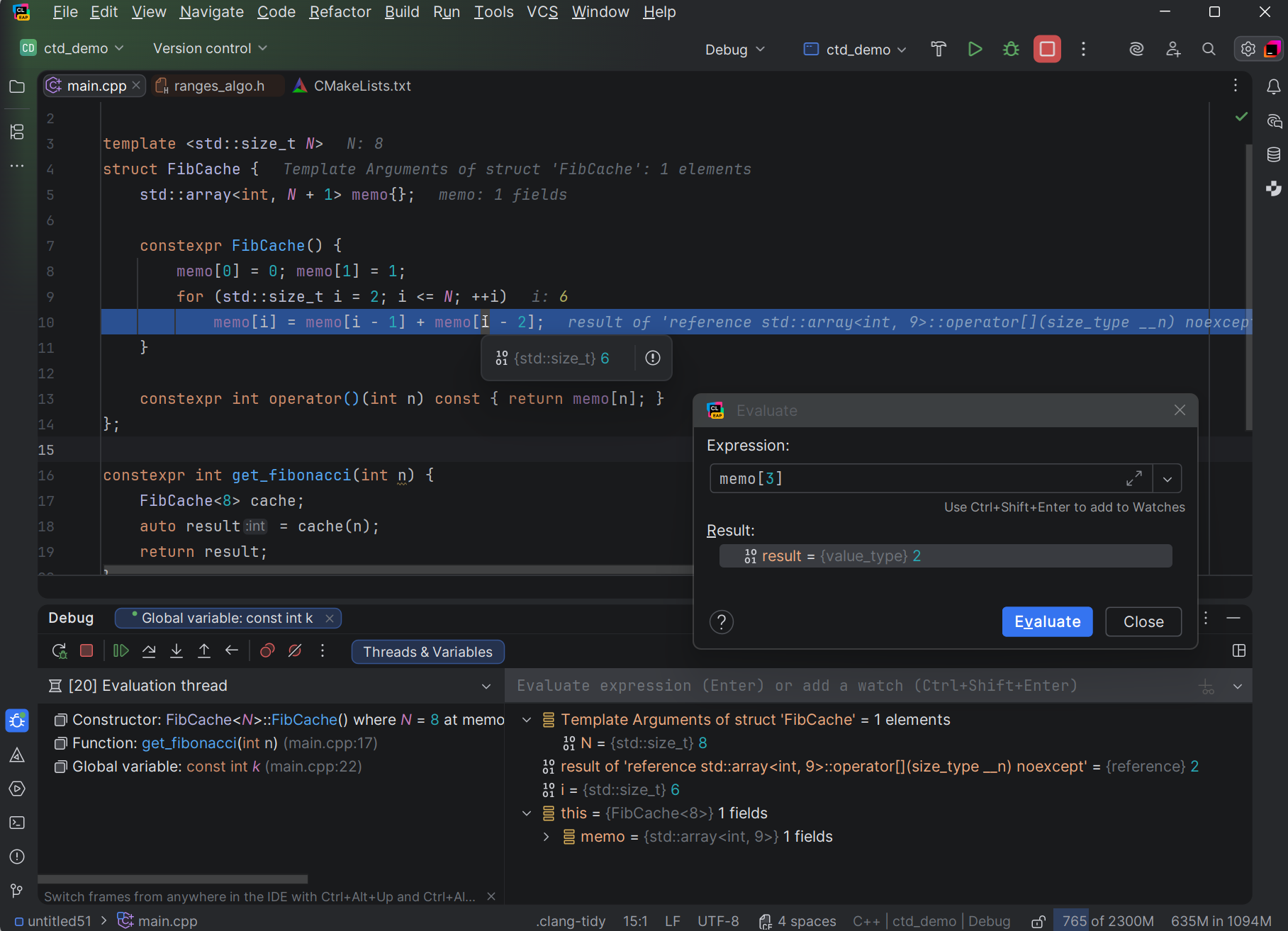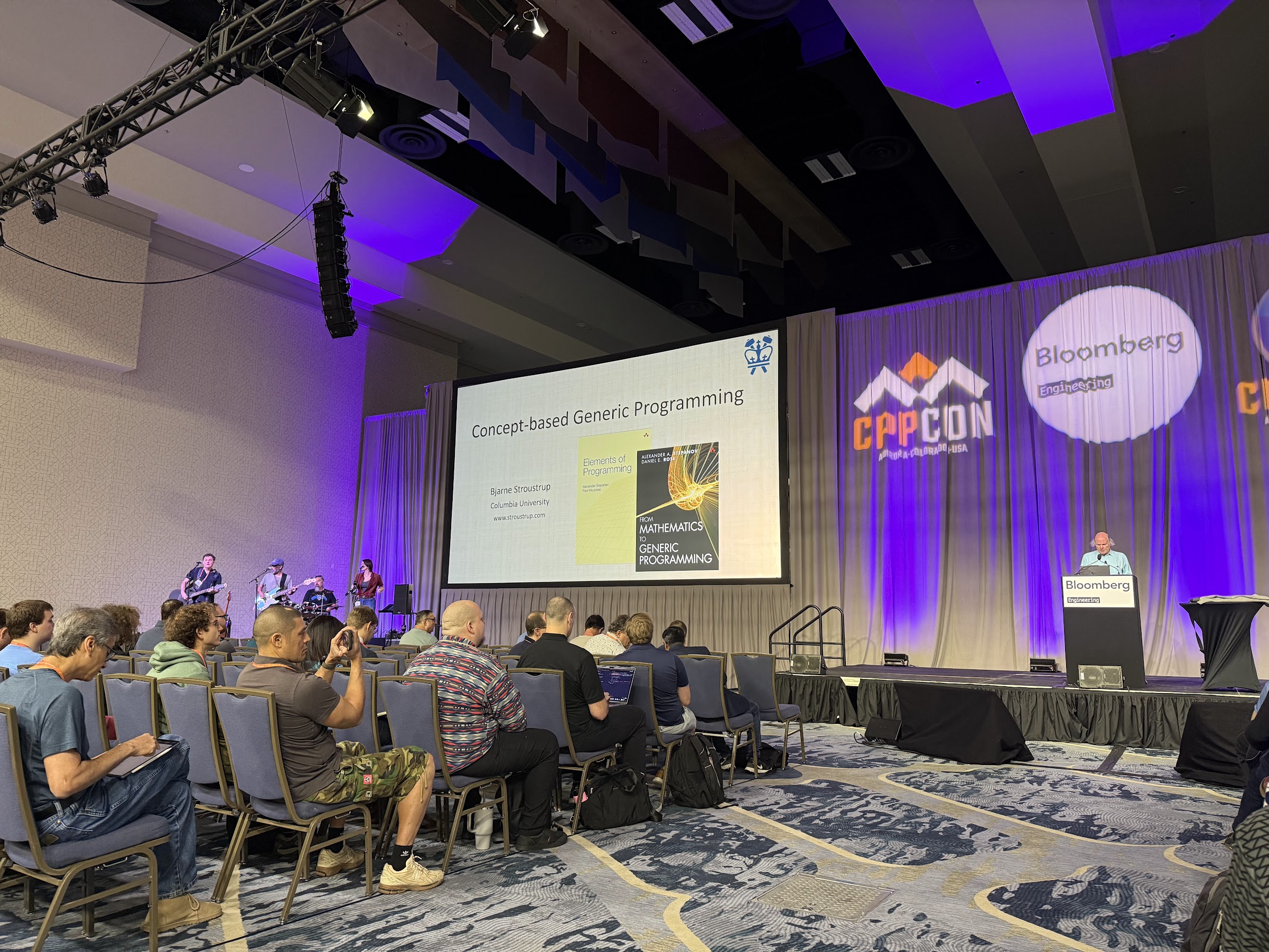Why can’t std::apply figure out which overload I intend to use? -- Raymond Chen
 When you pass an overloaded function like
When you pass an overloaded function like f to std::apply, the compiler can’t peek inside the tuple to figure out which overload matches—it only sees an ambiguous callable and a single tuple argument. Because overload resolution happens before the tuple is unpacked, you need an extra layer (like a lambda) to forward the unpacked arguments and give the compiler enough information to pick the correct overload.
Why can’t std::apply figure out which overload I intend to use? Only one of them will work!
by Raymond Chen
From the article:
Consider the following:
void f(int, int); void f(char*, char*); void test(std::tuple<int, int> t) { std::apply(f, t); // error }The compiler complains that it cannot deduce the type of the first parameter.
I’m using
std::applyhere, but the same arguments apply to functions likestd::invokeandstd::bind.From inspection, we can see that the only overload that makes sense is
f(int, int)since that is the only one that accepts two integer parameters.But the compiler doesn’t know that
std::applyis going to try to invoke its first parameter with arguments provided by the second parameter. The compiler has to choose an overload based on the information it is given in the function call.

 In the last post, we built a templated observer framework that let any publisher push strongly-typed messages to its subscribers.
In the last post, we built a templated observer framework that let any publisher push strongly-typed messages to its subscribers.





 The new Constexpr Debugger available in the first CLion 2025.3 EAP build allows you to stay in the compiler’s world and see what really happens – by stepping through evaluation, inspecting values, and confirming which if constexpr branch fired. Using it helps you understand exactly what the compiler is doing and fix issues faster.
The new Constexpr Debugger available in the first CLion 2025.3 EAP build allows you to stay in the compiler’s world and see what really happens – by stepping through evaluation, inspecting values, and confirming which if constexpr branch fired. Using it helps you understand exactly what the compiler is doing and fix issues faster. A long-delayed dream finally came true: after years of near-misses and lessons learned (“better to be invited than sent”), I made it to CppCon—and it was bigger, louder, and more inspiring than I imagined. In this recap I share the vibe of the week, five standout talks and ideas, a few notes from my own session, and links to recordings as they appear.
A long-delayed dream finally came true: after years of near-misses and lessons learned (“better to be invited than sent”), I made it to CppCon—and it was bigger, louder, and more inspiring than I imagined. In this recap I share the vibe of the week, five standout talks and ideas, a few notes from my own session, and links to recordings as they appear.